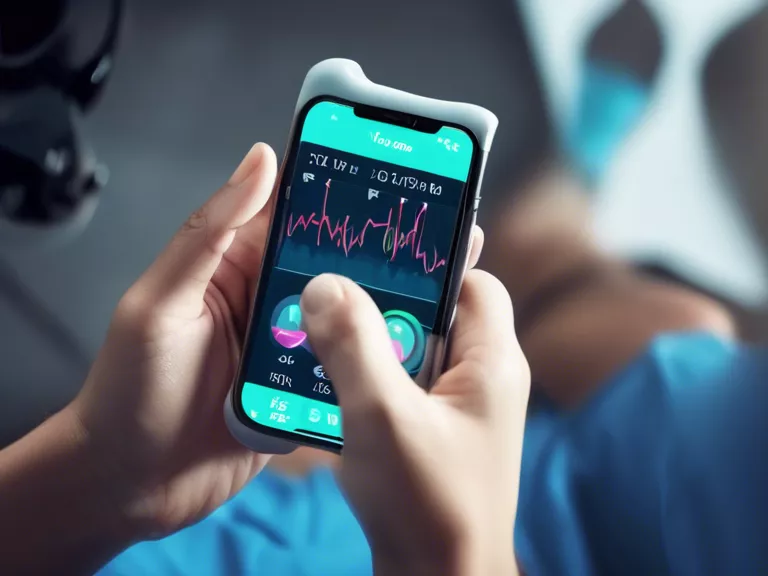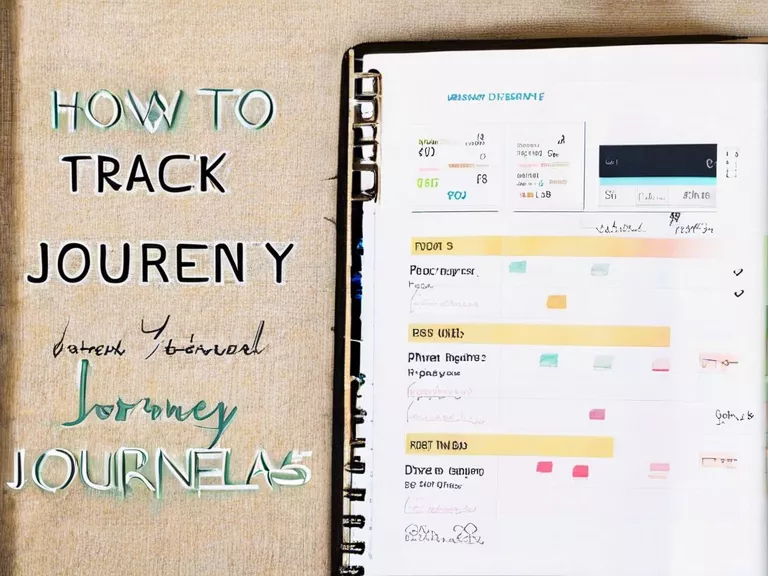
Health apps are valuable tools for individuals looking to manage chronic conditions effectively. By utilizing these apps, individuals can monitor their health status, track symptoms, visualize trends, and communicate with healthcare providers. In this article, we will explore how to use health apps to monitor chronic conditions effectively.
First and foremost, it is essential to choose the right health app for your specific condition. There are a multitude of health apps available, each designed to cater to different chronic conditions. Look for apps that are user-friendly, secure, and offer features tailored to your needs.
Once you have selected an app, it's time to start inputting your health data. This may include tracking symptoms, medication schedules, diet, exercise, and other relevant information. Regularly updating your data will allow the app to provide you with accurate and insightful feedback.
Many health apps offer the ability to set reminders for medication doses, appointments, and other important tasks. Take advantage of these features to stay organized and on track with your treatment plan. Additionally, some apps can generate reports and summaries of your health data, which can be shared with your healthcare provider during visits.
Communication is key when using health apps to monitor chronic conditions. Utilize the app's messaging or sharing features to keep your healthcare provider informed about any changes in your health status. This can lead to more personalized and effective treatment plans.
Lastly, remember to regularly review your data and insights provided by the app. Look for patterns, trends, and correlations that may help you better understand your condition and make informed decisions about your health.
By following these tips, individuals can harness the power of health apps to monitor chronic conditions effectively and take control of their health.



